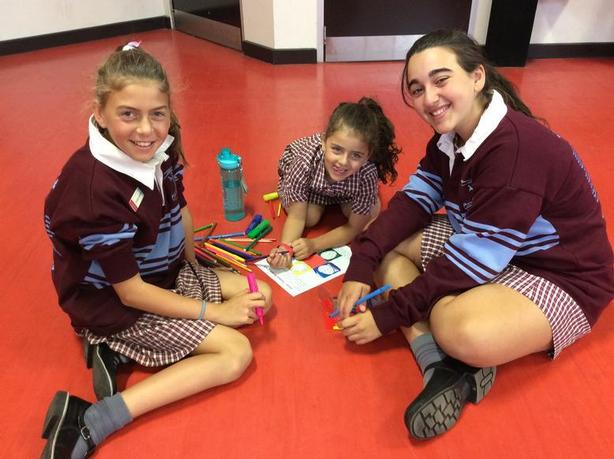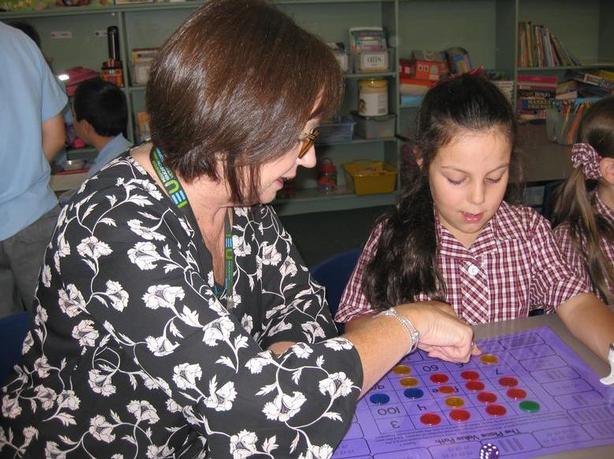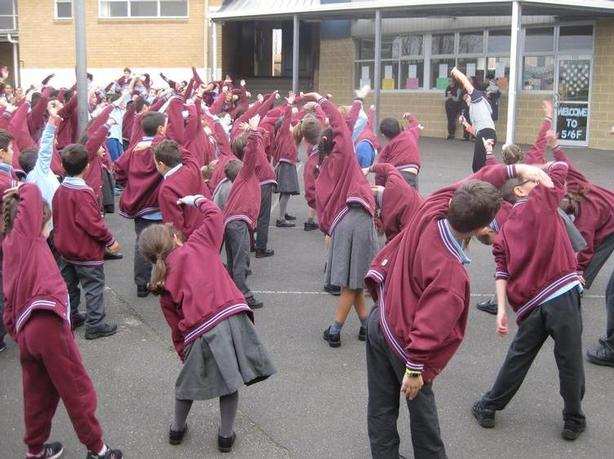We, at Christ our Holy Redeemer, believe that “Effective Schools are Engaging Schools” We believe that all members of our community have shared expectations of our own and others rights. We believe that learning should take place in a safe and inclusive environment. We believe “Children learn to be responsible for their choices sooner when adults, wherever possible, try to do things ‘WITH’ them, rather than ‘TO’ them or ‘FOR’ them.”
At Christ Our Holy Redeemer we have high expectations that students will be actively encouraged to contribute to a positive and inclusive school culture at all times.
At Christ Our Holy Redeemer Restorative Practices are embedded into our Student Engagement Policy. We manage any harm caused to another person with a restorative justice approach. Restorative conversations are used consistently when students choose not to follow the expectations agreed to by all in the community.
Our Student Engagement Policy is built around our School-wide Expectations: Show Respect, Be Safe, Try Your Best, Be a Team, Follow Christ. 
Students are supported in their learning, socially, spiritually and emotionally, through the implementation of the following programs:
- Talkboost (Oral Language Program)
- Seasons for Growth (Supporting children through change and loss).
- Buddy program
- Personalised Learning Plans
- Counselling on site through CatholicCare.
These programs run alongside classroom teaching approaches which support the students Social and Emotional Learning (SEL). The SEL lessons co-inside with the Personal and Social Capabilities strand of the Victorian Curriculum. These lessons plan to:
- Provide students with strategies on ways to manage emotions
- Learn about making friends and managing friendship issues
- Define what bullying is and the different types of bullying
- Encourage and develop a growth mindset within the students
- Use mindfulness to assist students in becoming aware of the present
- Build positive relationships through knowing and valuing each student
- Promote a culture of value and respect for individuals and their communities
- Use strategies that promote students’ self-confidence and willingness to take risks with their learning
- Ensure each student experiences success through structured support, the valuing of effort, and recognition of their work




